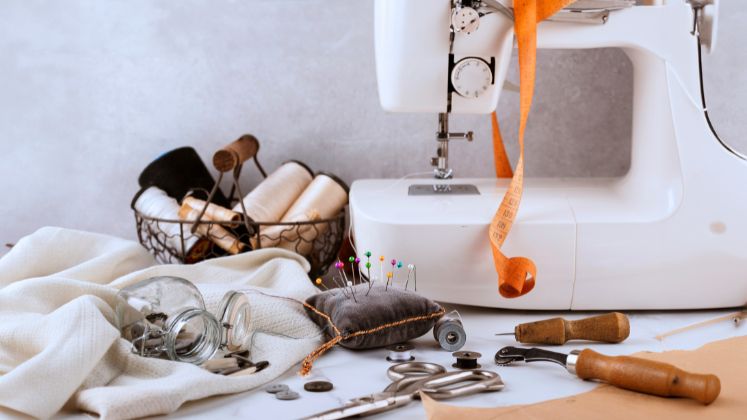Today, trims and accessories are undergoing a quiet yet powerful makeover driven by increasingly eco-conscious consumers, tightening global regulations and strong market demand. We spoke to leaders in trims and accessories to explore how sustainability is becoming the industry standard.
Features
-
-
Investors frequently encounter challenges such as infrastructural inadequacies and skilled labour shortages. Groyyo Consulting advises adopting an integrated approach—engaging with policy makers and utilising local networks—to navigate challenges proactively and sustainably.
-
Hyderabad is growing fast in every way, be it in terms of better governance, strong economy, booming real estate and great infrastructure. Therefore, several leading fashion brands like Snitch, The Indian Garage Co, Technosport are opening their stores in the city.
-
Manufacturing
“Indian Companies Now See RFID As Value, Not Cost”: Rishi Kapoor, National Sales Head – India, Avery Dennison
In an exclusive interview with Apparel Resources, Rishi Kapoor, National Sales Head – India, Avery Dennison discusses about the growing importance of traceability in fashion and how they are bringing the physical and digital worlds together with innovative solutions for the apparel industry.
-
The India-UK FTA gives India’s apparel exports a 9.6 per cent duty edge over China, which is currently the UK’s largest supplier of RMG, with a 25.6 per cent market share. Right now, India exports around US $ 1.2 billion worth of garments to the UK, out of its total RMG exports of US $ 16 billion.
-
Packaging is now getting the much-needed upgrade. From compostable cornstarch pouches to paper made from elephant poo, the industry is proving that sustainability doesn’t end at the stitch. It carries through to the tag, the tape and the bag it all comes in.
-
In order to truly understand what goes into building a fashion brand in India, Team Apparel Resources reached out to industry leaders to understand more about the fires they’re fighting and the unspoken truths behind running brands. Their stories offer a raw, unfiltered look at the ups and downs of running a fashion business in India.
-
What makes House of Armuse particularly noteworthy in the current luxury landscape is its dedication to community and craft. Over 300 artisans are directly empowered through the brand’s practices and sustainability is more than a principle they stand by.
-
There are several leadership changes happening across the fashion industry in response to changing consumer expectations, growing inclination towards sustainability and digital transformation and the need to bring in new ideas and perspectives.






